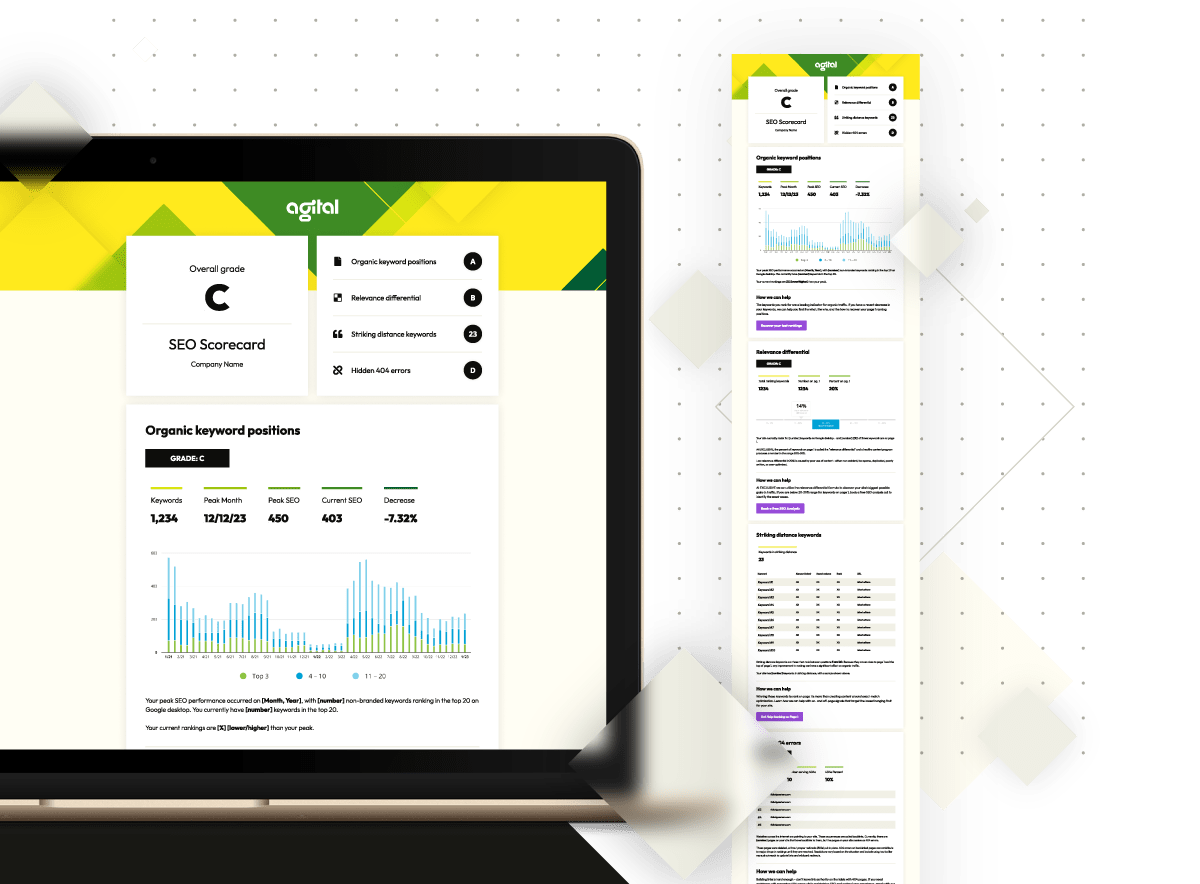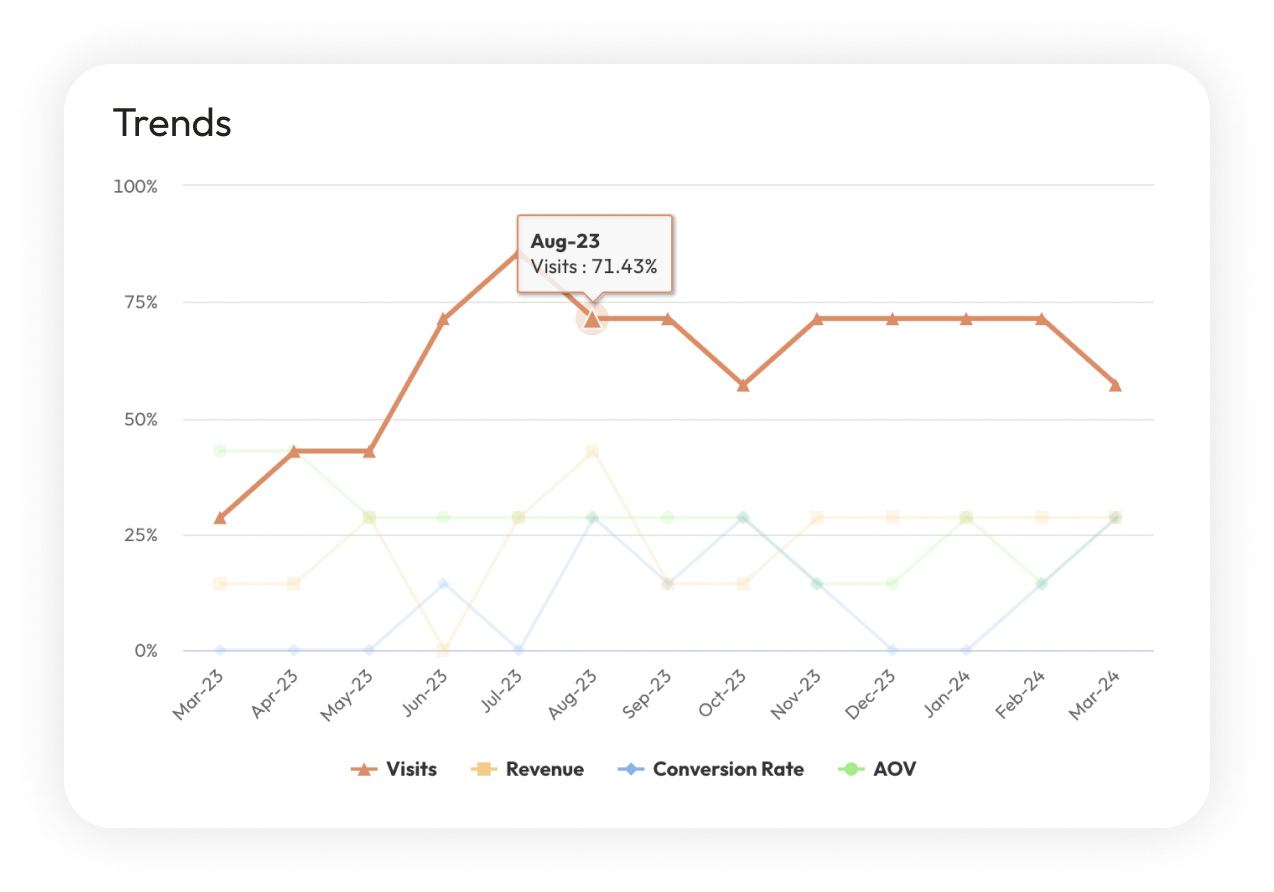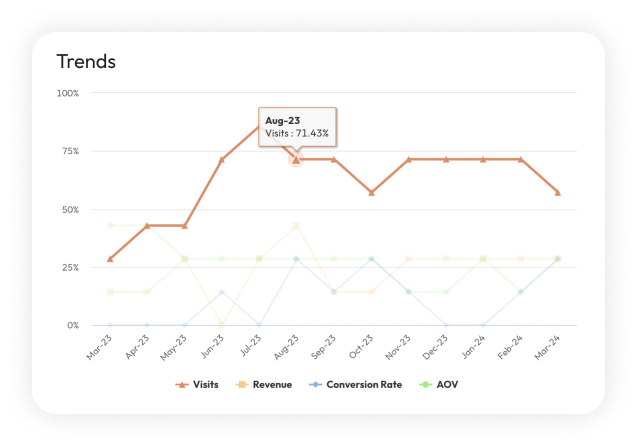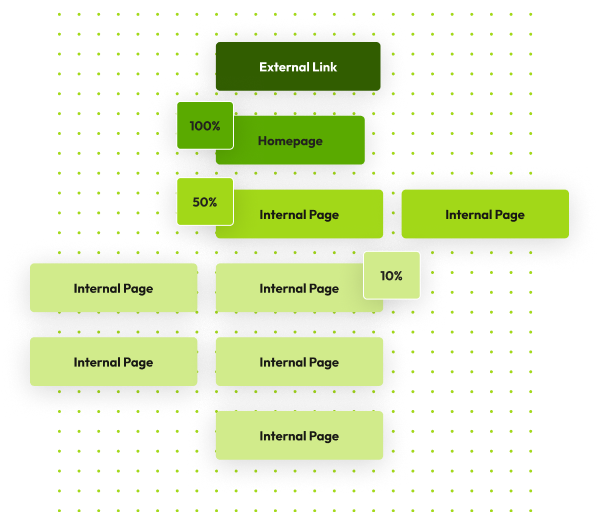MANAGED SERVICES | ECOMMERCE SEO
Capture more sales and grow your brand with comprehensive SEO services designed specifically for ecommerce businesses.



Our approach to ecommerce SEO is data-driven and supported with proprietary AI-tools that help us achieve high-impact results for our clients (ROI).
Customized Ecommerce SEO Strategies
Proven Experience in Ecommerce SEO
Data-Driven SEO Approach
Transparent & Custom Reporting
Customized Ecommerce SEO Strategies
With Agital, your SEO strategy is as unique as your brand. Our SEO specialists analyze your challenges, product lines, and target audience to craft a strategy that drives real results.
Proven Experience in Ecommerce SEO
Agital’s team has a proven track record across top ecommerce platforms like Shopify, WooCommerce, and Magento. Our experts tackle the unique SEO hurdles of ecommerce—from duplicate content and product filtering to managing large sites—our efforts turn challenges into opportunities.
Data-Driven SEO Approach
We put analytics and insight at the core of every decision to bolster your ROI. Our data-driven SEO approach allows us to continually refine your strategies based on performance metrics and search engine algorithm shifts to keep your ecommerce SEO strategy competitive.
Transparent & Custom Reporting
With our transparent reporting, you’ll receive detailed, straightforward updates on SEO performance, traffic, and conversions. Clients have access to real-time dashboards, so you can monitor key metrics anytime and see the impact of our work firsthand.


Our ecommerce SEO services are backed by a comprehensive SEO strategy that includes technical audits, keyword research, on-page audits, on-page optimizations, detailed reporting, and much more.
Agital’s comprehensive site audits provide a complete analysis of your current SEO status to pinpoint technical challenges and uncover areas for growth. Our detailed reports cover critical factors like site speed, mobile optimization, and overall user experience to help you understand what’s impacting your ecommerce performance. Addressing these foundational elements improves usability and maximizes search engine visibility, setting your ecommerce site up for long-term success.
Our targeted keyword research focuses on high-intent, transactional keywords that align with what your customers are actively searching for. We implement these keywords throughout your product descriptions, category pages, and meta tags to drive qualified traffic and improve search rankings. This strategic approach ensures that every aspect of your content is optimized to attract and convert visitors.
Our on-page SEO service fine-tunes your homepage, product pages, category pages, and blogs to align with user intent and targeted keywords. We refine title tags, meta descriptions, URL structures, and headings (H1, H2) to maximize relevance and click-through rates. Our team also adjusts internal linking to improve navigation, optimize images for faster load times, and implement schema markup for richer search result displays, giving your customers easy access to critical information.
Agital optimizes titles, descriptions, images, and alt text on category and product pages to improve search rankings and user experience. We apply schema markup to create enhanced snippets in search results, showcasing essential details like pricing, reviews, and availability. This boosts visibility and helps potential buyers make informed decisions.
Our content strategies include SEO-optimized blog posts, buying guides, and landing pages designed to capture high-impact search queries. Agital focuses on creating engaging, informative content that addresses your customers’ pain points and buying journeys, helping you connect with your audience while increasing organic traffic and search rankings.
Agital’s off-page SEO strategies revolve around securing high-quality backlinks from authoritative sites in your industry. We execute a targeted outreach campaign to boost your domain authority, helping you climb search engine rankings. Our link-building tactics build credibility, amplify your brand, and position your site as a trusted ecommerce destination.
Our technical SEO services ensure your site is fully optimized for search engines. We focus on clean URLs, proper redirects, and structured data to improve crawlability and indexing. Using tools like Google Search Console, we enhance search engine accessibility and the overall user experience.
Agital’s CRO services focus on maximizing user experience and driving conversions. Through data-driven insights and A/B testing, we optimize checkout flows, improve page load speeds, and ensure mobile responsiveness. Our goal is to create a seamless, intuitive experience for your customers that increases engagement and boosts your bottom line.
Ecommerce brands require a uniquely different approach to compete in SERPs (search engine results pages). With featured snippets, AI overviews, and paid advertising abosrping many of the clicks, ecommerce brands need the most competitive SEO strategy available. That’s where we come in.
YoY growth for Solly Baby.
YoY organic traffic growth for SiteOne Landscape Supply.
increase in revenue for Cailini Coastal.




See How Your Ecommerce Site Ranks
Uncover your site’s potential.
If you don’t know how your ecommerce site performs for SEO, you’re missing out on key data that can help you make the right decisions for your media spend and give you insights into your customers’ search behavior. Get your scorecard to see your organic keyword positions, discover striking distance keywords, identify hidden 404s, and everything in between.
Off-Page SEO for Ecommerce Brands
Create trust, authority, and expertise with our tailored offsite SEO strategies. We execute a variety of off-page SEO tactics for ecommerce brands. Optimizing Google My Business profiles, increasing brand reputation, and getting your business featured in major publications to help build key brand mentions that drive rank.




ROAS for Ecommerce Brands
Our custom ecommerce strategies target your ideal customer personas and in-market buyers. We don’t just care about rank position and traffic, we care about AOV (average order volume) from organic search, cart abandonment rate from organic search, and revenue from organic search. In short, we’re here to help your brand drive results.
Our link building services support the long-term growth of your brand. We use white-hat techniques to build trusted relationships with partners that can help to set your ecommerce business on a positive trajectory for years to come. We utilize our PR services, outreach, and other tactics to get your ecommerce business mentioned in the places that matter.




Technical SEO for Ecommerce
Our comprehensive technical SEO services for ecommerce brands ensure that the work you’ve put into your online store doesn’t get lost. We ensure that search engines can properly see, evaluate, and index your website to ensure a trajectory for growth ahead.
Ecommerce SEO aims to make your online store more visible through organic search. If you don’t rank towards the top for your target keywords, you lose countless potential customers. We optimize your headlines, product descriptions, meta data, internal link structure, and navigational structure so your ideal audience can easily find you online.
of people start their online shopping journey with a Google search.
of all traffic to ecommerce sites comes from search engines.
of ecommerce orders are tied directly to organic traffic.


Explore our FAQs to find answers to your ecommerce SEO questions. Want more information? Reach out today!
RESOURCES

Most marketing emails fail because they rely on outdated tactics: broad segmentation, weak creative, and forgotten automations. To drive real results, brands need to treat email as a performance channel—rooted in behavior, refreshed regularly, and integrated with other marketing efforts.

It’s on the way! We’re emailing your checklist straight to your inbox along with additional resources. Next Steps: 1. Want personalized recommendations? Start with a free AI Performance Review to audit your AI Overview and LLM visibility. 2. Explore our blog: How to Use SEO to Show Up in ChatGPT and AI Overviews. We break…